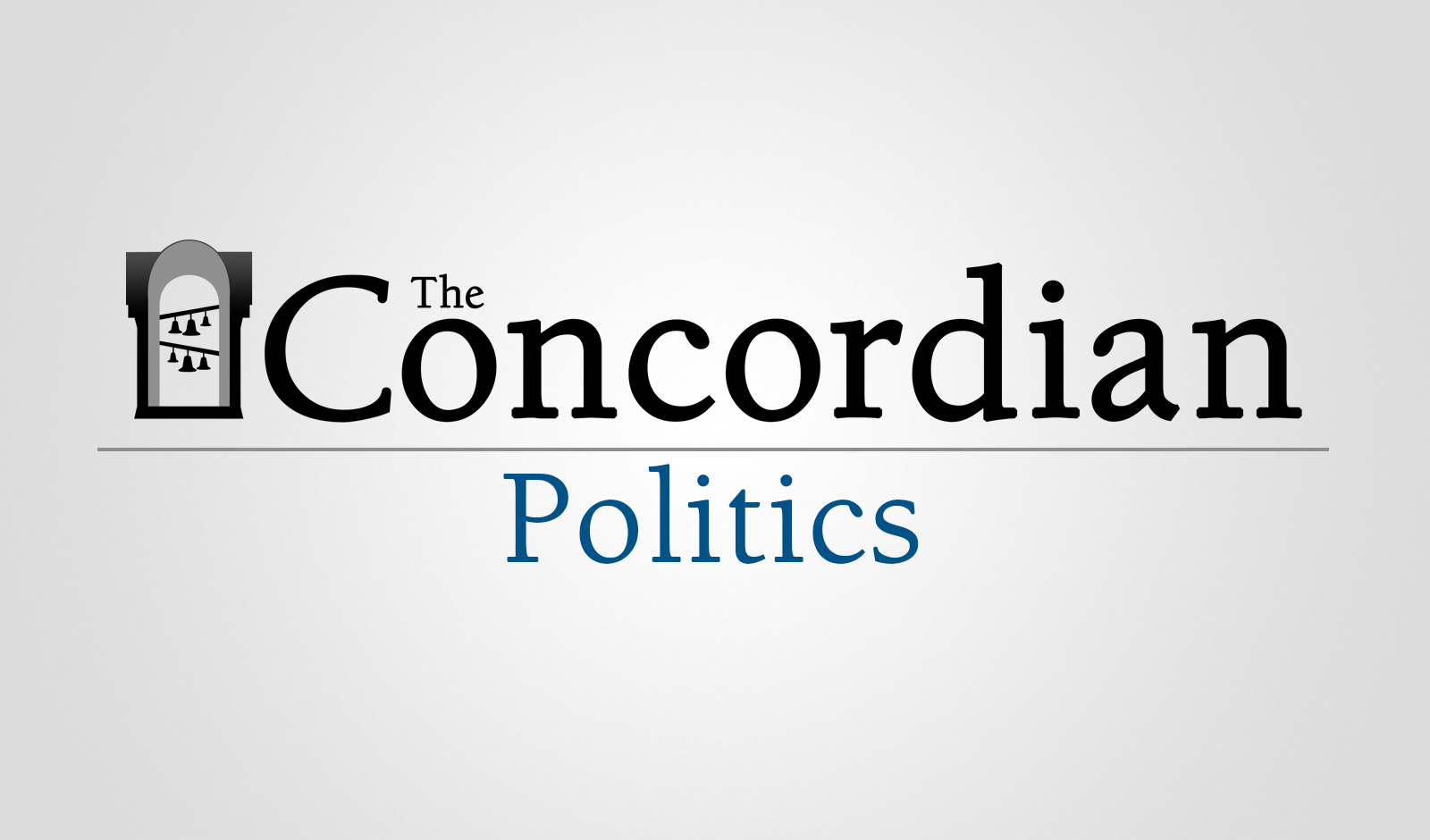Recent weeks have been costly to Republican clout and its political brand. The fight against the Affordable Care Act, or Obamacare, has backfired. A recent poll conducted by the Washington Post and ABC news found that only 33% of Americans favor repealing the act. Not only that, but new polls focusing on early voter preferences for the 2014 elections found that Democrats have a six point edge over Republicans. Furthermore, big business, a bedrock niche of the Republican Party, is starting to voice frustrations about the party’s dysfunction. Tensions between the party are not always clear, as well. The Tea Party is already lining up candidates to challenge Republican incumbents , and former Vice President Dick Cheney said that the party turmoil caused by the Tea Partiers is actually having a positive influence on the Republican Party.
This is a bad situation for Republicans to be in. With the 2014 election around the corner, the Republican Party needs to reorganize in order to be effective this election cycle. But that’s also another problem: the historically ‘pro-business’ party is being splintered by the Tea Party, which has lost the funding and support of mega campaign contribution sources like the Chamber of Commerce. However, the Tea Partiers are seemingly gaining group in the ideological battle. This is also bad for the party, considering recent GOP polls that show prominent ‘anti-establishment’ moods in GOP voters. And top it off: likely 2016 presidential candidate and current Governor of New Jersey Chris Christie announced a ‘surrender’ on the same sex marriage fight, which, for some reasons, will not sit well with the Christian base.
The million dollar question for the Republican Party is: where do we go now? Christie’s ‘surrender’ on same sex marriage will hurt him in the primaries, but he probably will do fine with the religious right beyond the primaries. It goes without saying that the Republican Party needs to stave off the Tea Party and re-align towards the middle of the spectrum to be appealing to the growing number of independents. But this is unlikely to happen in the near future. The Libertarian movement and Tea Party will continue to haunt the unity of the Republican Party in the 2014 and 2016 elections with challenges to Congress incumbents and challengers to moderate presidential primary candidates.
On the other hand, the reformation of the Republican brand might be what the party needs. The party of ‘no’, or the party dead set on ending Obamacare, hasn’t been effective in producing successful coalitions to take control of the White House or to levy policy. A moderate and tea free Republican Party could make substantial gains if they focus on financial policy and embrace Christie’s surrender on same sex marriage. People are more socially progressive. Fighting the same issues hasn’t worked, and if anything, it has encouraged disheartened Libertarians to throw their support behind financially conservative and socially liberal Republicans. Unless Republicans resolve their identity crisis, they have little hope to be an effective political coalition, especially given the negative swing in voter perceptions of the Republican Party. It’s better to resolve the Tea Party specter now with marginal losses in 2014 so as to be unified for 2016. How they will restore the party legitimacy and remove the Tea fringe remains to be seen; perhaps last minute election anxiety will provide ample political capital to do so. Or perhaps not; we can only wait and see what happens.
Taylor Tielke, 2015, is a politics blogger for the Concordian. He is a junior from Yankton, South Dakota and at Concordia he studies political science, global studies and history. Besides the Concordian, Taylor is involved with Concordia Forensics, peer mentoring and Concordia’s Secular Student Community. In his free time Taylor reads the news avidly, works out and enjoys tea. Taylor finds politics, political philosophy, religion and foreign policy particularly intriguing topics.








Be First to Comment